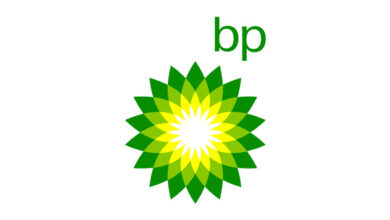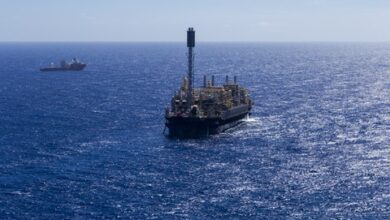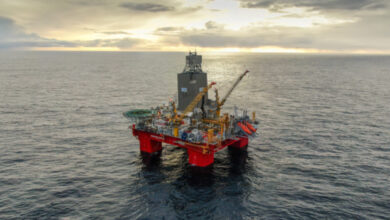In search of trust: Industry must build on ‘responsible drilling’ approach
By Linda Hsieh, managing editor

Advocating the approach of “responsible drilling” at the IADC World Drilling 2012 Conference in Barcelona on 13 June, Luis Cabra Dueñas, Repsol executive director of exploration and production, urged the industry to step up its efforts around HSE awareness – or, in a wider sense, the social perception of our industry. “If I had to select one single challenge that we have ahead, it’s the social image that our industry has,” he said.
The public might recognize the world’s growing need for energy, but rarely will you find full support and full understanding of this industry’s activities. “This is something we have to really work on in two directions. The more direct is being excellent in operations, being excellent in technology development and being excellent in HSE protection,” Mr Dueñas continued. The other route might be more indirect but is still important: We have to increase our communications with stakeholders, and we have to do a better job of it. “We have to go to the schools, we have to go to the universities and explain the role of our industry and all the effort we are doing for a better life and a better world.”
Based on the concepts of accountability, cooperation, sustainability, reliability, transparency and credibility, a “responsible drilling” approach to industry’s worldwide E&P operations is what will help to build trust. “At the end of the day, this is what we need to create and build trust in our industry from all the affected stakeholders that include regulatory bodies, the governments, the financial institutions, our employees, our partners,” Mr Dueñas explained.
In shaping a solution to this issue of trust, he believes that industry must look to two critical elements – one being capacities (people and technologies), and the other being management processes. “The human dimension is critical,” he said. “We need more people, and we need better-prepared people, so our companies have to think a little bit about the way we manage our human resources.” Opportunities for improvement exist not only in how we source and recruit talent but also in how we develop and manage them. “We need to have a special effort in training and coaching of them on career development. And in drilling it’s very important to have a global view on the management of our human resources,” he said, something that should be reflected in compensation packages.
On the technology side, operators and their contractors also need to collaborate more closely to facilitate the adoption of new technologies. “Operators sometimes have quite different views on the use of new technology,” depending on the organization’s past experience and management attitudes, he said.
Mr Dueñas also believes that “technology insertion” is not sufficiently developed in some companies, and it needs better support through the use of risk-mitigation techniques and project management processes. “We need to analyze technology insertion – the use of new technology – in terms of a simple risk-vs-benefit analysis, and many times we perceive risk will be higher than the potential benefit.”
Within the element of management processes, Mr Dueñas emphasized industry’s approach to managing HSE risks. “This is going to be a critical issue for the future,” he said. Rather than relying solely on principles such as avoidance of risk or reduction of risk, industry must continue to move toward specific and reinforced mitigation instruments. These include blowout contingency plans, oil spill response plans, spill containment plans, equipment-sharing consortia and mutual-aid agreements.
By leveraging people and technological capacities, as well as a reinforced management process, into responsible drilling practices, industry can begin to build trust in the way we conduct our business and projects, Mr Dueñas said. “I’m convinced that going this way we can work together – the operators and contractors. We can build what we need in our industry, which is trust from our stakeholders that we are doing something that is needed by society and that we are doing it in a proper and respectful way.”




